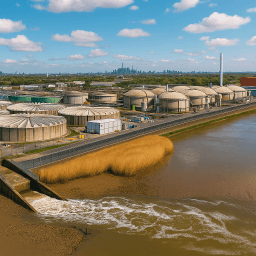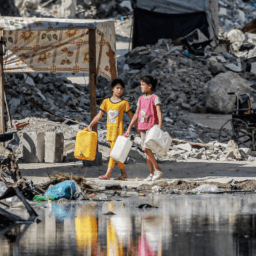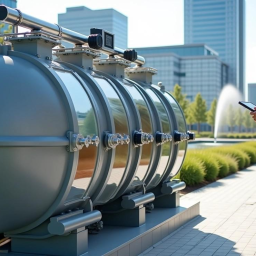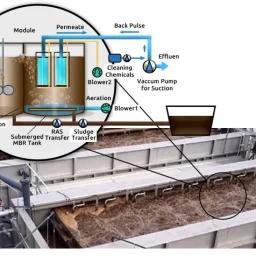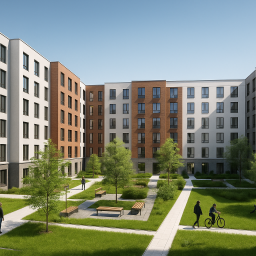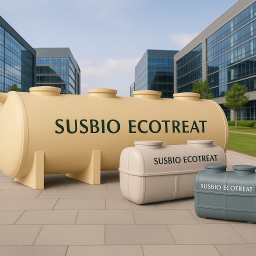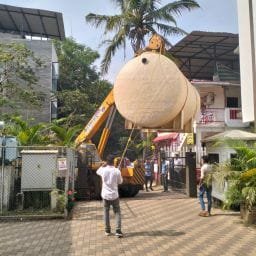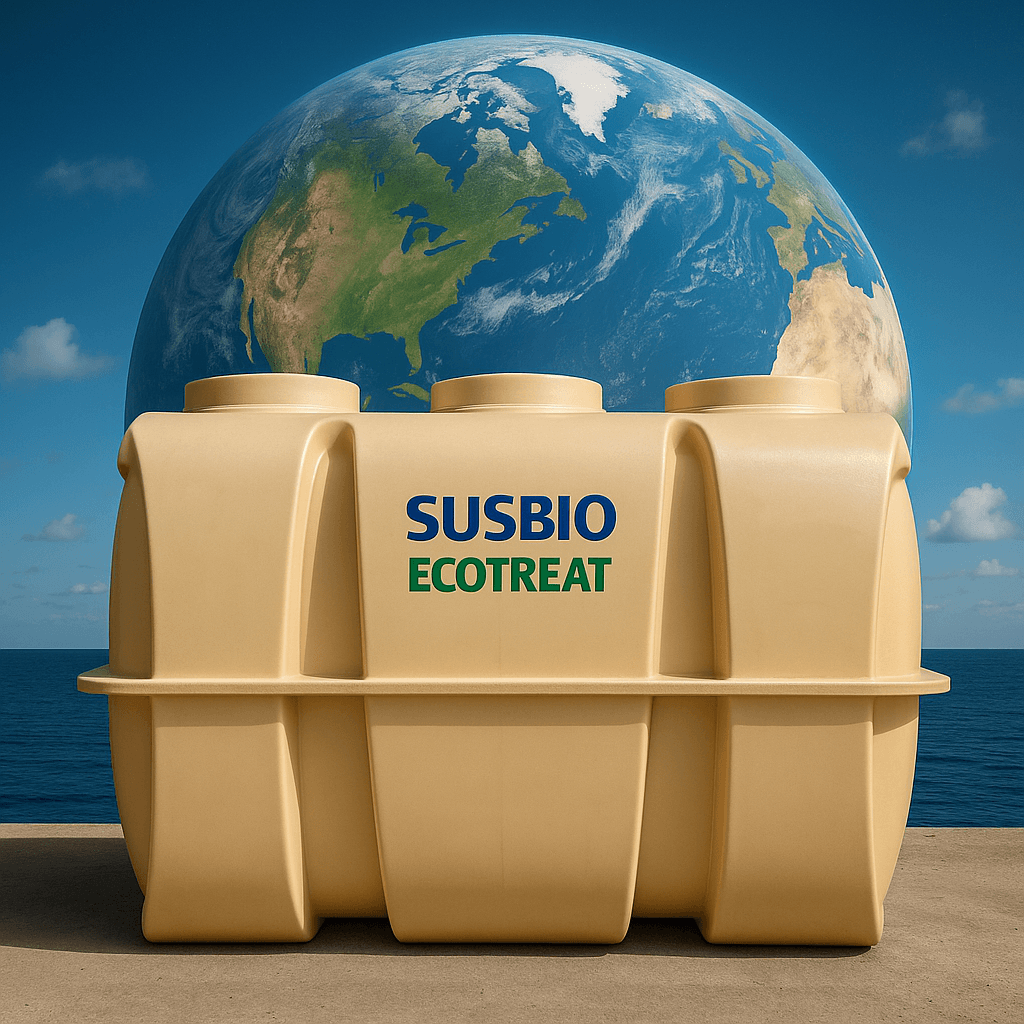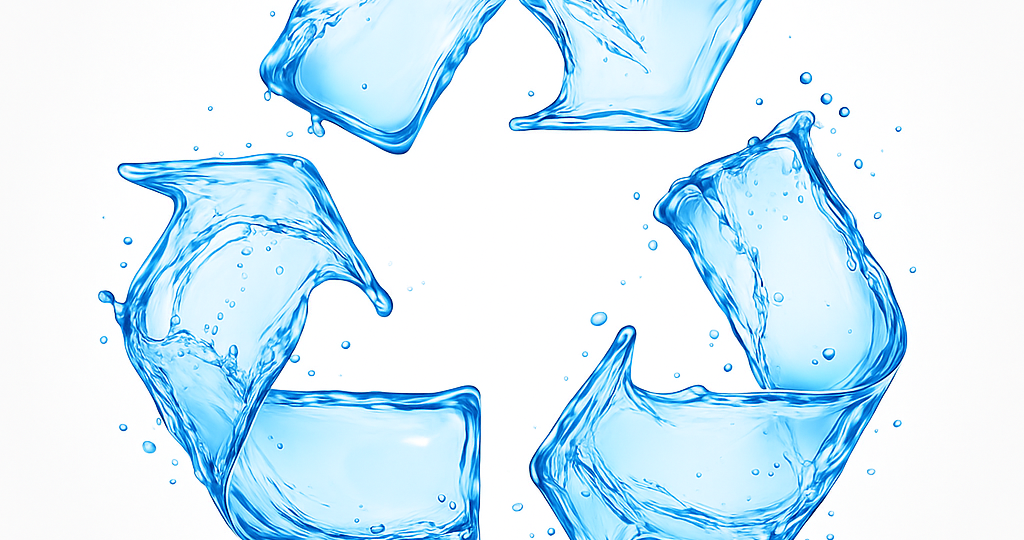
India’s urban centres are under increasing pressure from water scarcity, a challenge that is only intensifying as cities grow, climate patterns shift, and water management infrastructure struggles to keep pace. From Bengaluru’s looming “Day Zero” warnings to Chennai’s recurring water crises, it’s clear that traditional approaches to water supply and wastewater treatment are no longer sufficient. In this context, onsite water recycling systems are emerging as a transformative solution for urban India—one that not only addresses water shortages but also supports sustainable urban development, economic resilience, and environmental protection.
Understanding Onsite Water Recycling Systems
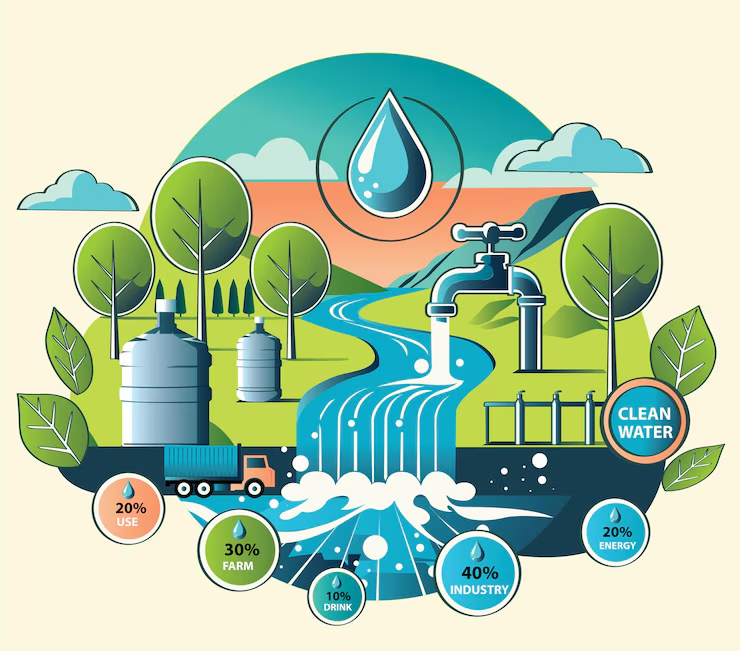
Onsite water recycling, also known as decentralized water reuse, refers to the process of collecting, treating, and reusing wastewater—such as greywater (from showers, sinks, and laundry) and blackwater (from toilets and kitchens)—within the same building or community where it is generated. Unlike centralized water treatment plants that require extensive infrastructure and long-distance water transport, onsite systems operate at the point of use, making them highly efficient and adaptable to India’s dense urban environments.
Modern onsite systems utilize advanced technologies such as membrane bioreactors (MBR), moving bed biofilm reactors (MBBR), ultrafiltration, reverse osmosis, and various disinfection methods (UV, ozonation, chlorination) to ensure that recycled water meets stringent safety standards. This treated water can then be reused for non-potable purposes like toilet flushing, gardening, landscaping, cooling towers, and even certain industrial processes.
Why Urban India Needs Onsite Water Recycling
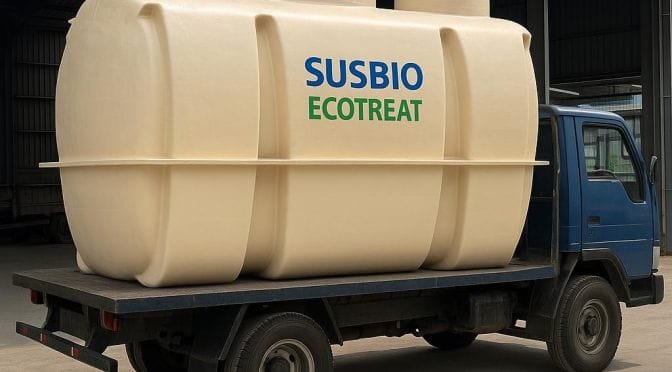
The Urban Water Crisis
India’s cities are facing a perfect storm of water-related challenges:
- Rapid Urbanization: By 2030, over 600 million Indians will live in cities, driving up demand for potable water and putting immense pressure on municipal water supply systems.
- Groundwater Depletion: Cities like Delhi, Hyderabad, and Bengaluru have seen groundwater levels fall precipitously, with over-extraction and erratic rainfall compounding the problem.
- Aging Infrastructure: Leaky pipelines and overloaded sewage systems lead to massive water losses and environmental pollution.
- Climate Change: Unpredictable monsoons, longer dry spells, and rising temperatures are making water availability less reliable.
The Benefits of Onsite Water Recycling
Implementing onsite water recycling systems in Indian cities delivers a host of benefits:
- Water Security: Reduces dependence on municipal water supply and groundwater, ensuring a local, resilient source of water even during shortages.
- Cost Savings: Lowers water and sewage bills for residents, businesses, and institutions, while reducing the burden on city infrastructure.
- Environmental Protection: Minimizes wastewater discharge into rivers and lakes, curbing pollution and supporting aquatic ecosystems.
- Urban Resilience: Ensures water availability during droughts, floods, or infrastructure failures, supporting uninterrupted urban life.
- Smart Growth: Enables new developments and urban expansion in water-stressed areas by closing the water loop at the source.
India-Centric Case Studies: Onsite Water Recycling in Action
Chennai’s Koyambedu Tertiary Treatment RO Plant
Chennai, a city that has become synonymous with water scarcity, is home to the Koyambedu Tertiary Treatment Reverse Osmosis (TTRO) Plant. This facility treats 45 million litres of wastewater daily using advanced ultrafiltration and reverse osmosis technologies. The recycled water is supplied to major industries in the city’s industrial corridor, freeing up freshwater for domestic use and making Chennai the first Indian city to reuse more than 20% of its treated wastewater. This project has become a model for urban water recycling and is now being replicated in other metros.
Bengaluru’s Decentralized STP Mandate
Bengaluru, often cited as India’s “Silicon Valley,” has taken a pioneering approach to water management by mandating that all new residential and commercial buildings above a certain size must install onsite sewage treatment plants (STPs). Over 2,500 such systems are now operational, treating and reusing water for landscaping, toilet flushing, and even construction. This decentralized approach has enabled Bengaluru to offset up to 26% of its water demand through recycling, and surplus treated water is being supplied to peri-urban districts for agriculture.
Nirvana Country Township, Gurugram
Nirvana Country, a large residential township in Gurugram, Haryana, has implemented a decentralized water recycling system that treats both greywater and blackwater using MBBR technology. The treated water is used for landscaping and is also supplied to nearby communities for non-potable purposes, saving up to 100,000 litres of groundwater daily. This resident-driven initiative demonstrates the power of community engagement in advancing sustainable water management.
Pune Municipal Corporation’s Water Recycling Initiative
Pune’s municipal authorities have launched a program to recycle water used for cleaning filter beds at city water purification plants. This initiative saves 22 million litres of water daily, which is reused for irrigation and industrial purposes. Pune’s example highlights how even municipal operations can benefit from onsite water recycling, reducing costs and conserving precious resources.
Delhi’s Decentralized Pilots
Delhi’s water utilities and private innovators have piloted decentralized water recycling systems, such as the solar-powered vermiculture-based treatment plant at Keshopur. Producing potable-quality water, this facility demonstrates the viability of decentralized reuse even in densely populated urban environments and is being studied as a model for scaling across the National Capital Region.
How Onsite Water Recycling Systems Work in India
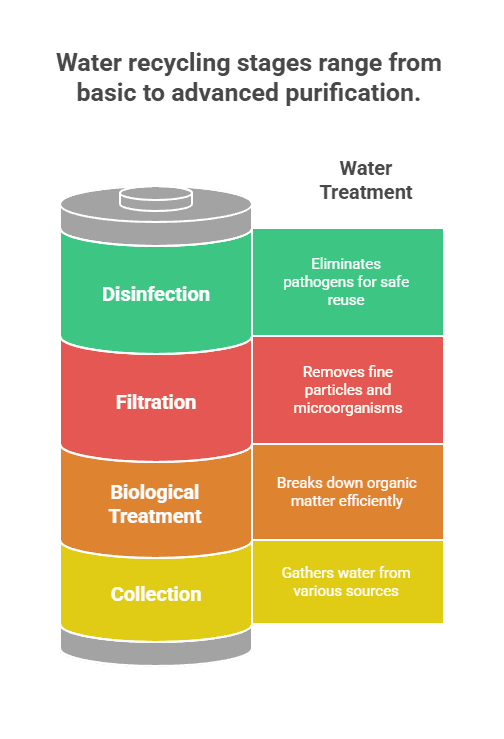
Step 1: Collection
Alternative water sources—greywater from bathrooms and laundry, blackwater from toilets and kitchens, and rainwater from rooftop harvesting—are collected separately or together, depending on the system design.
Step 2: Treatment
- Primary Treatment: Removal of large solids and debris.
- Biological Treatment: Technologies like MBBR and MBR break down organic matter efficiently, ideal for space-constrained Indian cities.
- Filtration: Ultrafiltration and reverse osmosis remove fine particles, bacteria, and viruses.
- Disinfection: UV, ozonation, or chlorination ensure the recycled water is safe for its intended use.
Step 3: Storage and Distribution
Treated water is stored in dedicated tanks and distributed through a separate plumbing network for non-potable applications such as toilet flushing, landscaping, and cooling towers. In some cases, surplus treated water is sold to neighboring communities or industries, creating a local water market.
Key Advantages Over Conventional Water Management
Traditional centralized water systems in India are energy-intensive, expensive, and vulnerable to breakdowns. In contrast, onsite water recycling systems:
- Reduce Transmission Losses: By treating water at the point of use, these systems eliminate the need for long pipelines and reduce water loss due to leakage.
- Lower Energy and Infrastructure Costs: Decentralized systems require less capital investment and are more energy-efficient.
- Enhance Resilience: Localized treatment and reuse ensure that water is available even during supply disruptions or natural disasters.
- Support Sustainable Development: Enable new construction and urban expansion in areas where centralized infrastructure is at capacity or groundwater is depleted.
Overcoming Barriers: Challenges and Solutions for India
Regulatory and Policy Hurdles
India’s regulatory landscape for water recycling is evolving. While some states like Karnataka, Tamil Nadu, and Haryana have introduced progressive policies and mandates, others lag behind. Harmonizing standards and offering incentives for adoption will be key to scaling onsite water recycling nationwide.
Public Perception
The “yuck factor” associated with recycled water remains a barrier. However, successful demonstration projects, transparent water quality monitoring, and community engagement are gradually building public trust. Education campaigns and visible success stories, such as those in Bengaluru and Chennai, are critical for wider acceptance.
Financial Considerations
While upfront costs can be significant, the long-term savings on water bills, reduced dependence on tanker water, and lower municipal infrastructure costs make onsite water recycling economically attractive. Public-private partnerships, CSR funding, and innovative financing models are helping to bridge the initial investment gap.
The Future of Urban Water in India
The momentum for decentralized water management is growing rapidly in India. With increasing mandates for STPs in new buildings, innovative technologies from Indian startups, and a growing market for treated wastewater, onsite water recycling is moving from the fringes to the mainstream of urban water management.
As water scarcity intensifies and the need for sustainable water solutions becomes urgent, the integration of rainwater harvesting, greywater recycling, and decentralized wastewater treatment will be essential for building water-resilient cities. The ultimate goal is to create “water-neutral” urban developments, where all water is reused in a closed loop, drastically reducing demand for fresh water and supporting sustainable urbanization.
Conclusion: Onsite Water Recycling—A Blueprint for Urban Water Security in India
Onsite water recycling systems are not just a technological innovation—they are a practical, scalable, and urgently needed solution for India’s urban water crisis. By enabling buildings, campuses, and communities to treat and reuse water at the source, these systems reduce dependence on overburdened municipal supplies and groundwater, cut costs, and protect the environment.
India’s leading cities—Chennai, Bengaluru, Gurugram, Pune, and Delhi—are already demonstrating the transformative potential of decentralized water recycling. With the right mix of technology, policy support, and community engagement, Indian cities can build a future where water scarcity is no longer a barrier to growth and prosperity.
SUSBIO is committed to advancing sustainable water management in India. Our onsite water recycling solutions are tailored for Indian conditions, ensuring reliability, affordability, and compliance with the latest standards. Contact us today to learn how your building, campus, or community can become a leader in water sustainability and resilience.



